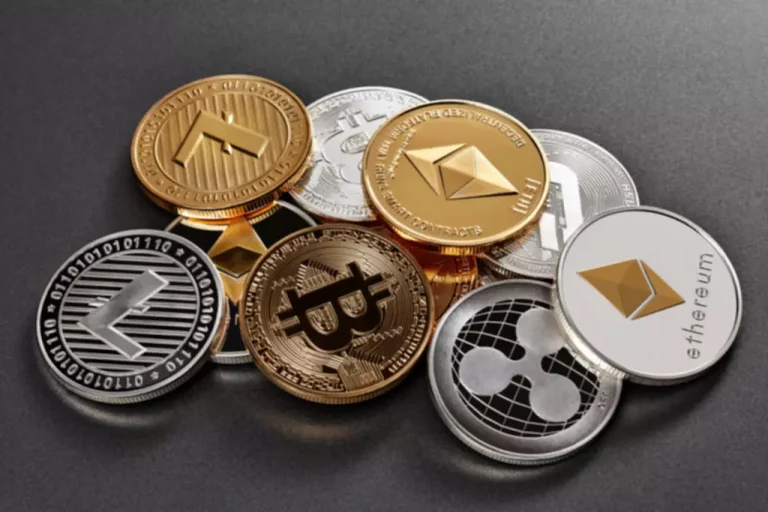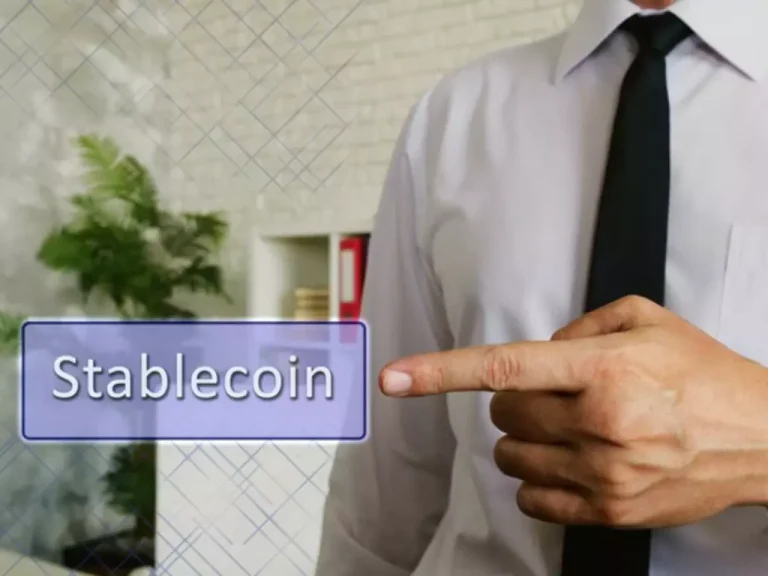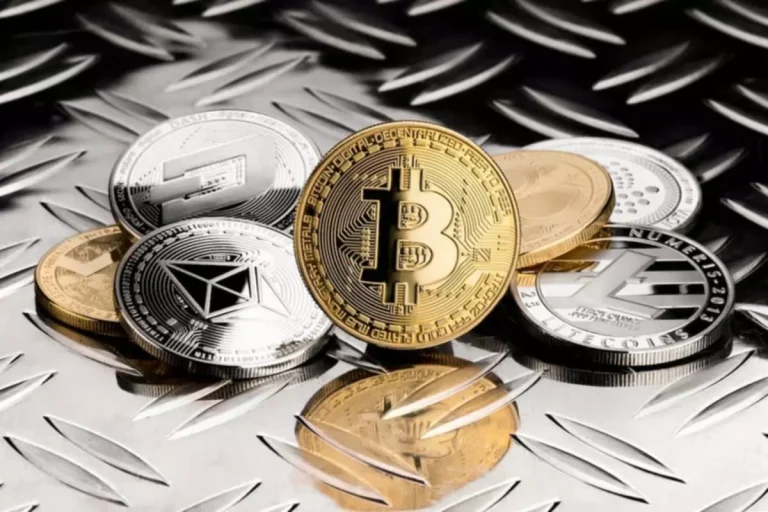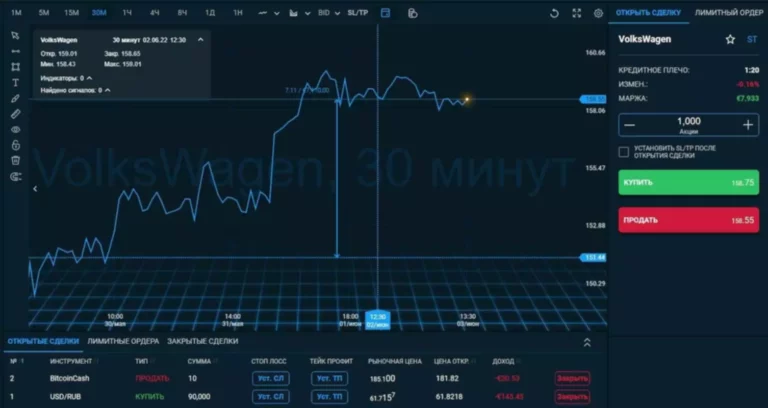What Is a Crypto Wallet? A Beginners Guide
Category : FinTech
Moreover, a crypto wallet tends to give its user more peace of mind since you know exactly where your assets are being stored. Instead, a crypto wallet is a software program that stores and secures files containing your private keys. For context, it’s good to know what is cryptocurrency and understand how blockchain technology works.
A crypto exchange is essentially a digital marketplace where buyers and sellers converge to trade cryptocurrencies. It provides a way to engage with a blockchain network and prove that you have ownership of specific digital assets. Using the private key, a wallet holder can initiate or “sign” a transaction, proving that the coins are theirs to send.
Well, cryptocurrencies have a few major differences from the fiat currencies you already know. Cold storage wallets are considered more secure than hot storage wallets for storing cryptocurrency. For long-term storage of a significant amount of coins or tokens, it is advisable to use a cold wallet. Now, if you’ve got a small crypto fortune and just want to make sure nobody can get their hands on it but you, you’d probably be best served by a hardware wallet. However, if, like most people, you’ve not managed to attain millionaire status just yet, you’re probably going to be interested in trading your cryptocurrencies actively. And for this, you really can’t beat a secure hot wallet that’s fully integrated into your trading platform or terminal.
Unlike crypto coins, tokens aren’t mined; they are created and distributed by the project developer. Once tokens are in the hands of purchasers, they can be used in countless ways. In addition to these traditional uses, some crypto coins can also take advantage of smart contract technology to offer additional features. For example, DASH is an altcoin that acts as a cryptocurrency but also gives holders the ability to vote in a decentralised autonomous organisation (DAO). While cryptocurrency is like digital money, blockchain is the network on which the money transactions operate. Blockchain technology is a generic technical concept – like “the Internet” and there are several different blockchains all built on this technology.
As you might have guessed, multi-currency wallets are the type of crypto wallets that allow the storage of multiple different cryptocurrencies. There is a wide range of both hot and cold crypto wallet types available, including Android and iOS-optimised apps and hardware USB stick-type wallets. So, the term ‘wallet’ is somewhat of a misnomer, as crypto wallets don’t actually store cryptocurrency in the same way physical wallets hold cash. Instead, they read the public ledger to show the balances in a user’s addresses, as well as hold the private keys that enable the user to make transactions. In order to guard your funds from being accessible to hackers and thieves, store your restoration phrase in a secure and secure place.
- To simply buy a token, you can search for it on the site, select the “Buy” button, and enter the amount to purchase.
- It’s not all that complicated, but this can vary according to the type of wallet.
- What B-Book brokers really WANT is to pocket the spread AND not have to hedge (because hedging costs money).
- While there are indeed many different crypto wallet types out there in this day and age, none of them can offer the same level of functionality and ease of use as StormGain.
This guide will equip you with valuable insights to navigate the world of cryptocurrency wallets with confidence. Each type of exchange caters to specific needs, such as user-friendliness, liquidity, security, regulatory compliance, Crypto Trade Vs Crypto Wallet What Is The Difference and privacy preferences. If you’re looking for an ideal crypto exchange, check out CryptoPie to get the latest insights and news about the crypto exchange platforms in Malaysia, Thailand, Indonesia, and Vietnam.
However, with an exchange, you need to ensure that the platform is regulated, offers good security protocols, and is reputable in the industry. Cryptocurrency wallets and exchanges are two important tools that allow this revolutionary digital industry to function properly. A number of wallets and exchanges are managed by the same companies, and this sometimes causes confusion about their differences. This guide aims to explain the difference between crypto wallet and exchange as well as suggest a few alternatives for each. Hardware wallets are small devices that hold a user’s private keys and allow for the sending and receiving of transactions. These wallets usually interact with a user’s computer via apps or web-based interfaces.
Just like a real wallet, if you lose it or forget all the access passes, no one can help you and your funds are lost. These are just some of the benefits that arise from a decentralized and immutable ledger. However, within crypto, many different types of tokens serve different purposes. For example, Bitcoin is seen as a store of value due to its capped supply, while ethereum is more of a means to access other projects on Web3. While there are tons of uses for crypto, they all still rely on the basic building blocks of blockchain.
A user’s cryptocurrency is only as safe as the method they use to store it. While crypto can technically be stored directly on an exchange, it is not advisable to do so unless in small amounts or with the intention of trading frequently. You can resolve when, if, and how much to spend when you’ve cash in your actual wallet. You could lose a few of that power if you put the money in a savings account, though, because the bank could impose restrictions on your spending patterns. Transferring your crypto coins from an exchange to a pockets is a simple process.
While a public key is like a bank account number and can be shared widely, the private key is like a bank account password or PIN and should be kept secret. In public key cryptography, every public key is paired with one corresponding private key. Learn about the different types of crypto wallets on the market, how they work, and which one is best for you. And a crypto exchange is where you can do this (and also store your coins), while a wallet is a way in which you can store your investments more securely but won’t be using as actively. And in fact, many major exchanges also have their own separate wallet apps. Choosing between a crypto wallet and exchange is one of the main decisions any trader will need to take.
Most web-based crypto wallets, also known as hosted wallets, tend to be custodial wallets. Typically offered on cryptocurrency exchanges, these wallets are known for their convenience and ease of usage, and are especially popular with newcomers, as well as experienced day traders. Wallets are programs or devices that store private keys and public addresses, while exchanges are platforms that facilitate trading. If you happen to be their owner, you automatically own any coins those keys can access. Thus, if you want full control over your cryptocurrencies, and have easy access, a cryptocurrency wallet is the route to take.
Users can navigate through the platform’s interface to execute trades based on current market prices. Exchanges offer a wide range of cryptocurrencies, providing users with ample options for asset diversification. There’s one key difference between using a crypto wallet vs exchange account to store and manage your digital assets.
Though some like Guarda Wallet offer more transactions including built-in exchange, in-app staking, crypto loans, and more. Exchanges on the other hand are typically known to offer a wide range of trading pairs, investment opportunities, and advanced trading features. Ease of use and accessibility vary between wallets and exchanges, catering to different user preferences and requirements. Wallets prioritize security and control, sometimes sacrificing convenience for enhanced protection. Exchanges, on the other hand, prioritize accessibility, offering seamless trading experiences.
SoFi doesn’t assure or endorse the products, information or recommendations provided in any third party website. Now that we’ve checked out some reasons why customers could choose to store their funds on an exchange, let’s have a glance at some of the cons. However, on the blockchain, the wallet stays intact and this access is considered a standard process. Unlike Ledger, Trezor wallet’s codes are open source, the place it can be reviewed and examined by third events. However, Ledger supports extra assets and has iOS and Android applications with Bluetooth help for connecting the hardware gadget to cell units.



















